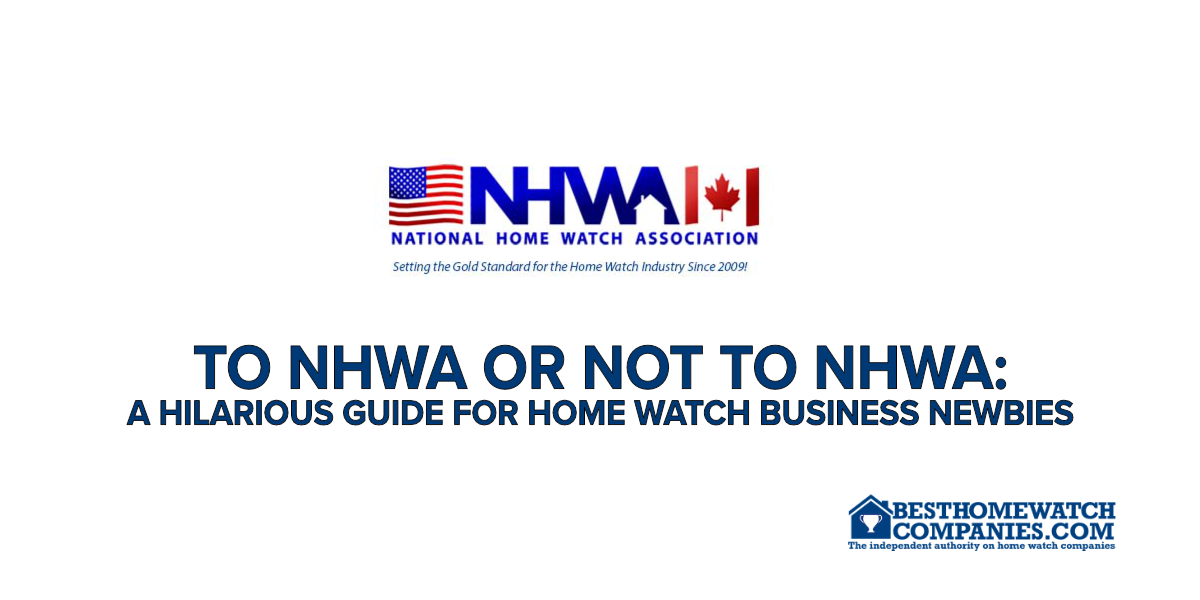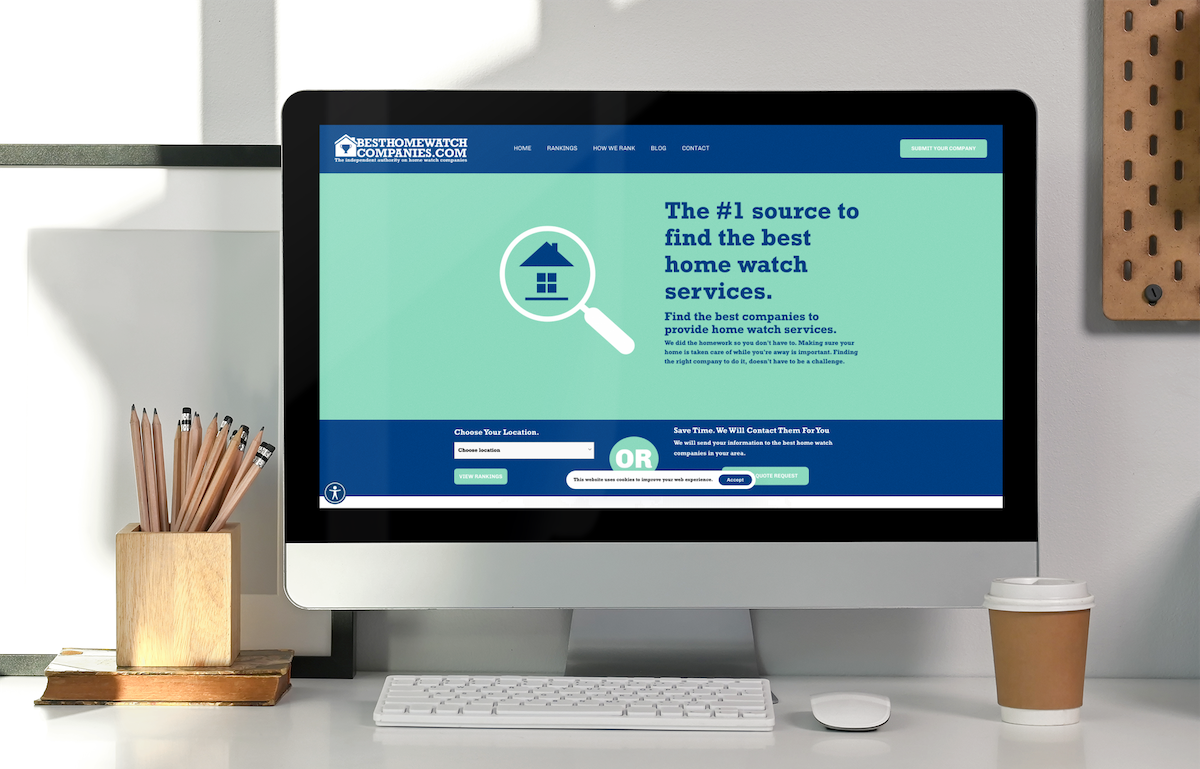Is Your Website Accessible?
Over the last few months, I have looked at least a few hundred websites of home watch companies. I would say that 95% of home watch companies have websites that are not accessible. You may think you have the best and most informative website for your home watch business, but if your website is not accessible to people with disabilities, you’re excluding a significant portion of your potential audience.
Here’s what you need to know about website accessibility and the law.
What Is Website Accessibility?
Website accessibility means that your site can be used by people with disabilities, including those who are blind or have low vision, those who are deaf or hard of hearing, and those with mobility impairments.
Accessibility also includes people with cognitive disabilities, such as those with learning disabilities, dyslexia, or Alzheimer’s disease.
For a website to be accessible, it must be compatible with assistive technologies (AT), which are devices that help people with disabilities access the internet. Some examples of AT include screen readers, screen magnifiers, speech-to-text software, and alternative input devices.
The Law and Website Accessibility
A few laws require website accessibility, including the Americans with Disabilities Act (ADA), the Rehabilitation Act, and Section 504 of the Rehabilitation Act.
The ADA is a civil rights law that prohibits discrimination against people with disabilities in all areas of public life, including websites. The ADA does not explicitly mention website accessibility, but the Department of Justice has said that businesses must make their websites accessible to people with disabilities if they want to comply with the ADA.
The Rehabilitation Act is a federal law that applies to organizations that receive federal funding. Section 504 of the Rehabilitation Act says that these organizations must make their programs and activities accessible to people with disabilities. This includes websites.
While the ADA and Rehabilitation Act are federal laws, they have different enforcement mechanisms. The Department of Justice enforces the ADA, while the Office for Civil Rights enforces the Rehabilitation Act.
The Department of Justice has not yet issued any specific regulations for website accessibility, but they have indicated that they plan to do so in the future. In the meantime, the Department of Justice has been pressuring companies to make their websites accessible through lawsuits and settlements.
Some state and local governments also have laws that require website accessibility. For example, New York State’s Web Accessibility Law requires all state agencies to make their websites accessible to people with disabilities.
What does it mean to be compliant?
There is no one-size-fits-all answer to this question, as compliance will vary depending on the specifics of your website and your audience. However, you can follow some general guidelines to ensure your website is as accessible as possible.
First, you should ensure that your website can be used by people with various disabilities, including those who are blind or have low vision, those who are deaf or hard of hearing, and those with mobility impairments.
Second, you should ensure your website is compatible with assistive technologies (AT), such as screen readers, screen magnifiers, speech-to-text software, and alternative input devices.
Third, you should provide text alternatives for all non-text content, such as images, videos, and audio files.
Fourth, you should ensure that your website can be used by people with cognitive disabilities, such as those with learning disabilities, dyslexia, or Alzheimer’s disease.
Finally, you should test your website regularly to make sure it remains accessible.
What Are the Consequences of Non-compliance?
In 2020, more than 2,500 lawsuits were filed in federal court claiming websites were not designed to be accessible to people with disabilities, and that number will continue to grow. The Department of Justice has already filed lawsuits against a number of companies for violating the ADA. In addition, state and local governments may bring lawsuits or impose fines for violating their accessibility laws.
In addition to legal action, failure to make your website accessible can result in lost business. People with disabilities are a significant portion of the population, and they could take their business to companies that cater to their needs.
Bottom Line
Having your website accessible will not only protect your home watch business, but it will also allow better accommodations for your potential clients. It could also give your business a competitive advantage because, let’s face it; home watch companies aren’t doing it.
To learn more about how to make your website accessible, you can send an email to [email protected] and I can provide you with some guidance.










